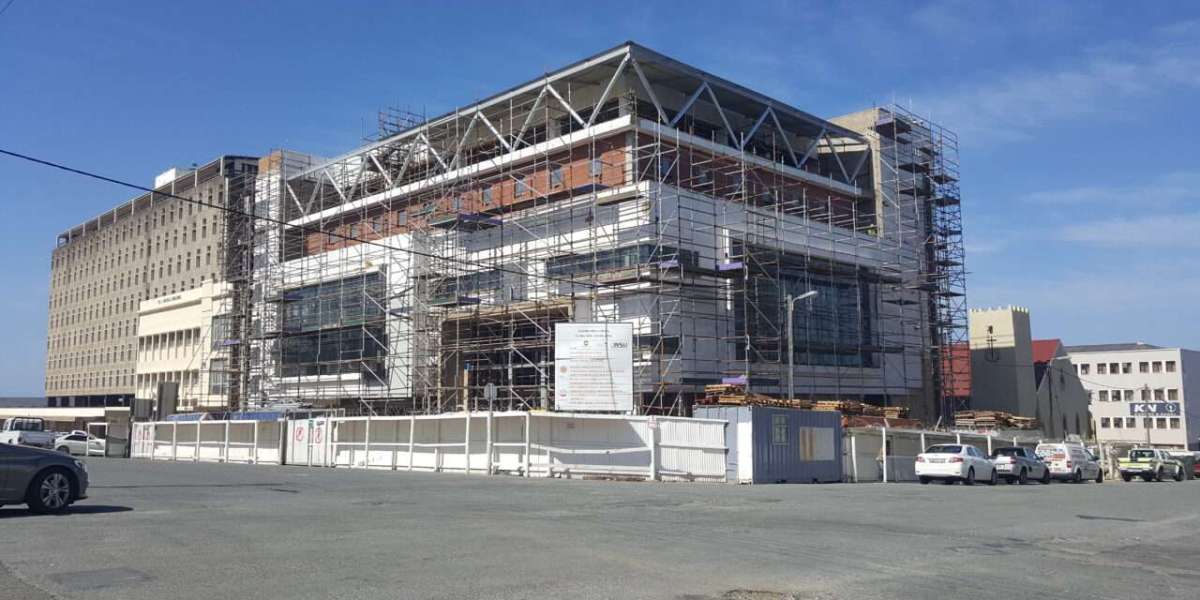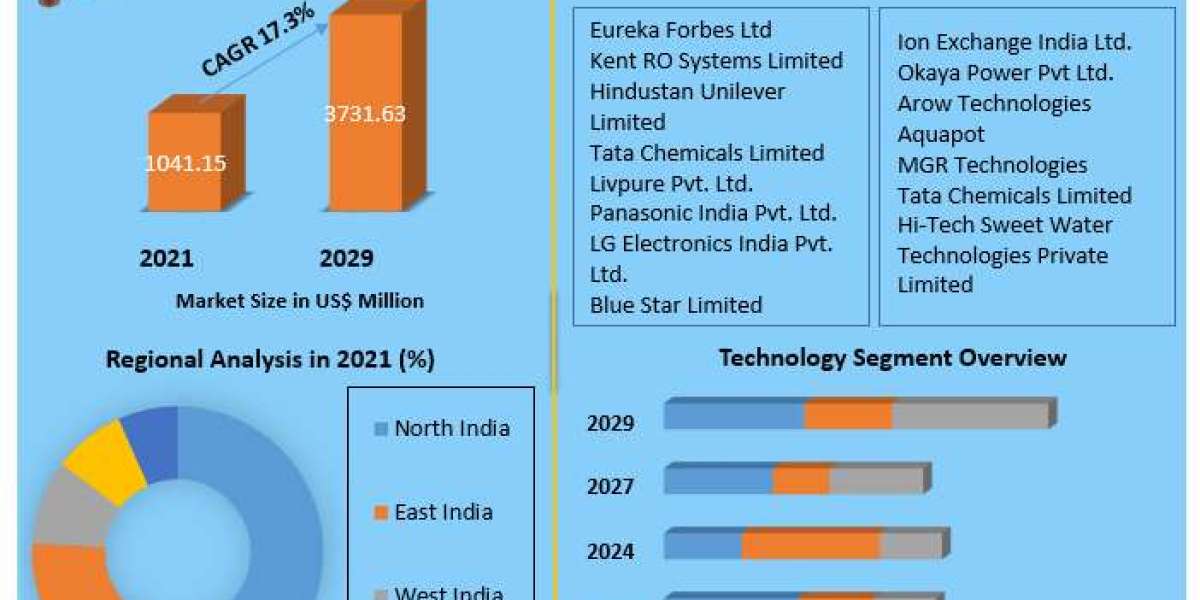Special inspection in a construction project refers to the systematic examination and testing of specific materials, work, or installation processes critical to the structural integrity and safety of the project. It is a crucial component of quality assurance, ensuring that construction activities comply with design specifications, building codes, and industry standards. The purpose of special inspection is to identify and rectify potential issues early in the construction process, mitigating risks and ensuring the overall safety and durability of the structure. Read on and for more information about structural investigation, structural feasibility studies or to seek expert structural engineering services, you can refer to the concluding part of the article for a recommendation.
Here are key aspects of special inspection in a construction project:
Regulatory Compliance:
Special inspection is often mandated by local building codes and regulatory authorities. These codes specify the types of construction activities and materials that require special inspection. The goal is to ensure that construction meets minimum safety standards and that buildings are structurally sound.
Scope of Special Inspection:
The scope of special inspection varies depending on the project, but it typically includes critical elements such as foundation systems, structural steel, concrete, masonry, wood framing, and other materials with significant structural implications. Special inspection may also cover items like welding, high-strength bolting, fireproofing, and seismic reinforcement.
Qualifications of Special Inspectors:
Special inspectors are professionals with specific expertise in the materials and methods they are inspecting. These individuals must meet certain qualifications outlined by regulatory bodies. Qualifications may include relevant education, training, and experience in the field. Certification programs from recognized organizations may be required to ensure competency.
Timing of Special Inspection:
Special inspection activities are typically scheduled at critical points during construction. These points are identified based on the construction phase and the specific elements being inspected. Inspections may occur during excavation, foundation preparation, concrete placement, structural steel erection, and other key stages.
Documentation and Reporting:
Special inspectors are responsible for documenting their findings and observations. Detailed reports are submitted to the construction project team, including the contractor and design professionals. These reports provide a record of compliance or non-compliance with project specifications and relevant building codes.
Material Testing:
Special inspection often involves material testing to ensure that the quality and properties of construction materials meet specified standards. This may include testing concrete for strength, checking the composition of steel, or verifying the characteristics of other critical construction materials.
Welding and Bolting Inspections:
In projects involving structural steel, special inspection may focus on welding and bolting processes. Inspectors examine welds for quality, ensuring they meet specified standards for strength and integrity. High-strength bolting inspections verify that connections are properly installed and tightened.
Fireproofing Inspections:
For structures requiring fireproofing, special inspection involves verifying that the applied fire-resistant materials meet the required thickness and adherence standards. This ensures that the structure has the necessary fire protection in accordance with building codes.
Seismic Reinforcement Inspections:
In seismic zones, special inspection is critical to ensuring that structural elements are adequately reinforced to withstand potential earthquakes. Inspectors review the installation of seismic reinforcement measures to confirm compliance with design requirements.
Non-Destructive Testing:
Special inspection may employ non-destructive testing techniques to assess the integrity of materials or structures without causing damage. Methods such as ultrasonic testing, radiographic testing, or magnetic particle testing may be used to identify hidden defects or weaknesses.
Corrosion Protection:
For projects in corrosive environments or those involving materials susceptible to corrosion, special inspection may involve checking and verifying the effectiveness of corrosion protection measures. This ensures the long-term durability of the structure.
Find more about structural investigation, structural feasibility studies etc.
In summary, special inspection is a vital quality control measure in construction projects, focusing on critical elements that impact the structural integrity and safety of buildings. Through systematic examination, testing, and documentation, special inspection helps identify and address potential issues, ensuring that construction activities adhere to design specifications and relevant building codes. The ultimate goal is to enhance the overall quality, safety, and longevity of constructed structures. To learn more or to find expert structural engineering services, structural investigation services, you can visit this website.








